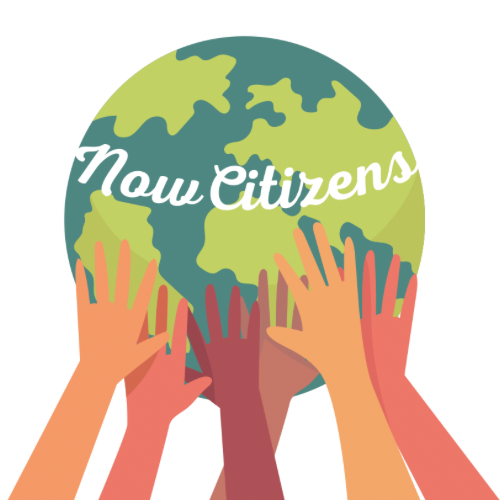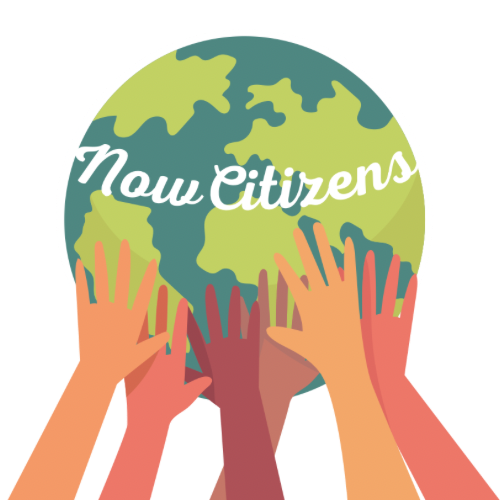FREQUENTLY ASKED QUESTIONS
FREQUENTLY ASKED QUESTIONS
-
When you have Irish citizenship, you have European Union citizenship. That means you will have the right to live, work, and travel freely throughout 27 EU member countries. You also gain access to the European Economic Area (EEA), which adds three more countries to these freedoms. You’ll also gain the freedom to live, work, and travel through Switzerland, which is not an EU or EEA member.
Irish citzenship is currently the only EU citizenship with the freedom of movement to the UK!
If you have children, they will be able to easily attend university in EU countries. This is often less expensive than American universities, and provides a unique experience which opens doors not typically open to non-EU citizens.
If you are a world traveler, there are some instances where having an EU passport will get you into a country visa or hassle-free when your non-EU passport may not provide the same privilege.
-
Citizens of all 31 countries have the same freedom to live, work, and travel throughout one another visa free!
EU
Austria 🇦🇹
Belgium 🇧🇪
Bulgaria 🇧🇬
Croatia 🇭🇷
Cyprus 🇨🇾
Czech Republic 🇨🇿
Denmark 🇩🇰
Estonia 🇪🇪
Finland 🇫🇮
France 🇫🇷
Germany 🇩🇪
Greece 🇬🇷
Hungary 🇭🇺
Ireland 🇮🇪
Italy 🇮🇹
Latvia 🇱🇻
Lithuania 🇱🇹
Luxembourg 🇱🇺
Malta 🇲🇹
Netherlands 🇳🇱
Poland 🇵🇱
Portugal 🇵🇹
Romania 🇷🇴
Slovakia 🇸🇰
Slovenia 🇸🇮
Spain 🇪🇸
Sweden 🇸🇪
EEA
Iceland 🇮🇸
Liechtenstein 🇱🇮
Norway 🇳🇴
Member of the single market, but technically not part of the EU or EEA
Switzerland🇨🇭
-
Including obtaining all of the necessary documentation you’ll need, you can expect the Irish citizenship recognition process to take around two years.
It will take an extra several months after your citizenship is recognised to obtain your new Irish passport.
-
If your children are minors, they might be eligible to acquire Irish citizenship through you.
If your children are adults, depending on how far back you claimed Irish citizenship through descent your adult children might be eligible.
For example: If you claimed the right to citizenship through a parent born in Ireland, your adult children will certainly be eligible. If you claimed eligibility through a grandparent, your adult children most likely will not be eligible.
-
A legal spouse, whether through marriage or civil union, is eligible for Irish citizenship after the following criteria have been met:
• You’re married or in a civil union
• You have both lived in Ireland while married for 3 years
• Your spouse has not spent longer than 6 weeks outside of Ireland over the course of 3 years.
Important: Your spouse does not need to become a citizen in order to live and work in Ireland or the European Union. The non-EU spouse of an EU citizen is granted the right to live and work in the country the EU spouse settles in.
In some cases, EU countries recognise long standing non-married relationships as eligible to move and work in the country with their EU citizen partner. These typically require proof of multiple years of cohabitation.
-
Take our online quiz to help detrmine if you qualify, and what you’ll need to find out!
Unfortunately, simply having Irish in your DNA does not qualify you for Irish Citizenship. You’d need to do some digging to see if you can trace your Irish roots!
-
An Apostille is a piece of paper that is issued by a government and used to certify that a document is allowed to be handed to a foreign country. For example, if a birth certificate was issued in Florida, an apostille should be requested from you to the State of Florida to certify the documents. The apostille will be stapled to the original document.
Every non-Irish document needs its own apostille.

